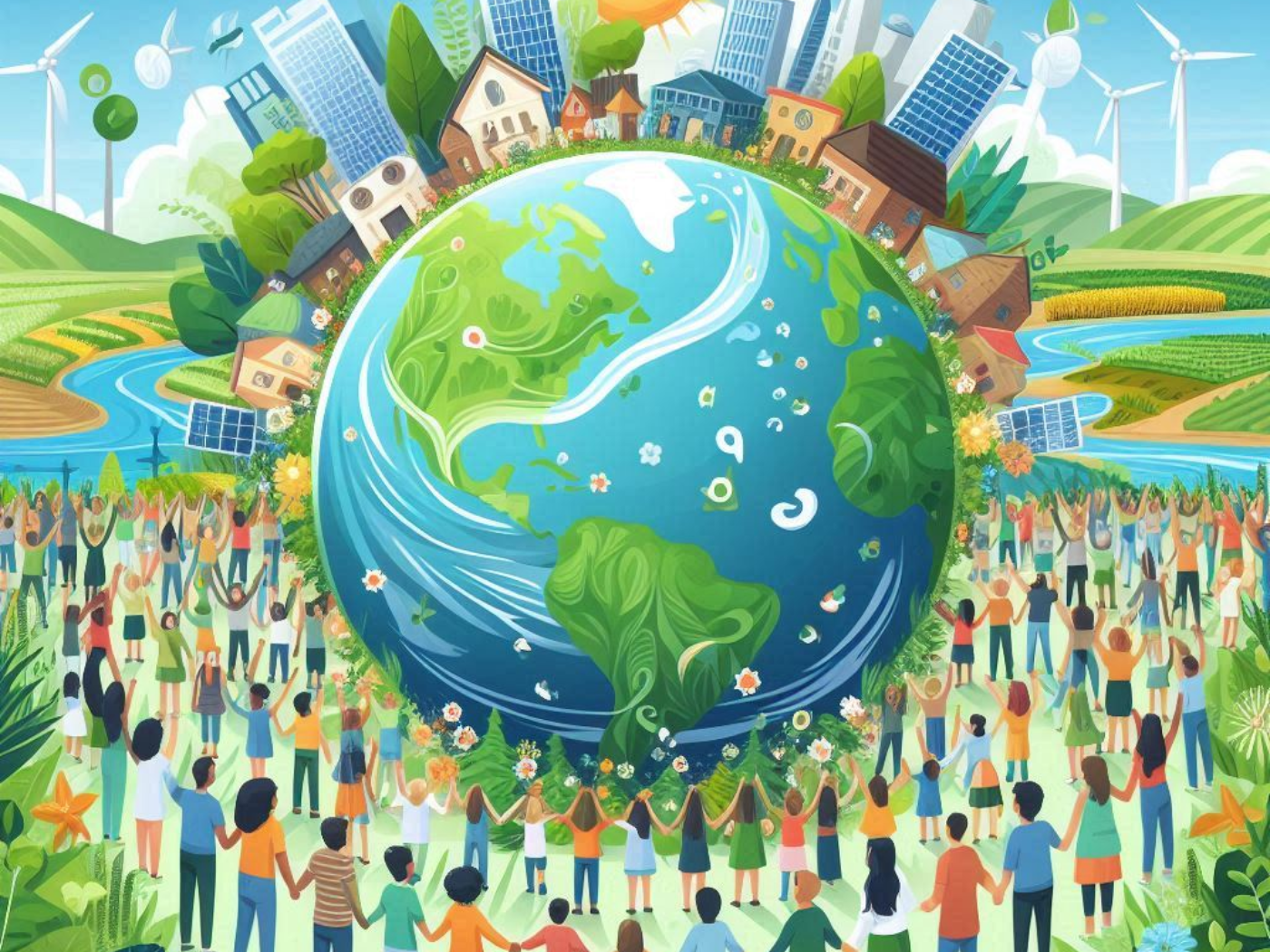- Calendar
- Calendar 2026
- July
- World Population Day
World Population Day
World Population Day, celebrated annually on July 11th, is a momentous occasion that raises awareness about critical population issues affecting our world.
Do you know that currently over 8 billion people are living in the world currently?
Through this observance, we aim to inspire action and foster sustainable development for a better future.

10 Most Populated Countries
- India
- China
- United States
- Indonesia
- Pakistan
- Nigeria
- Brazil
- Bangladesh
- Russia
- Ethiopia
While we're talking about the most populated countries, let us also take a look at the country with least population- Vatican City. The current population there is estimated to be just 764!
History of World Population Day
World Population Day was established in 1989 by the United Nations Development Programme (UNDP) following the milestone of the global population surpassing five billion people in 1987. The UNDP focused on supporting the needs of a growing population and created this observance to raise awareness and promote action on population-related issues.
To address the urgency of population-related challenges, the United Nations Development Programme (UNDP) played a proactive role in establishing World Population Day in 1989.
As an essential department of the United Nations, the UNDP is committed to supporting and anticipating the needs of an expanding global population.
Since its establishment, World Population Day has grown into a widely acknowledged and respected observance on a global scale. It has gained prominence and international recognition as a platform dedicated to increasing awareness about a range of population-related issues.
World Population Day has evolved to address various important issues beyond population growth, including gender equality, human rights, poverty alleviation, and family planning. By tackling these challenges, the observance aims to promote sustainable development globally.
The day brings awareness to several issues, namely:
- The rapid growth in population number has brought several new challenges.
- The importance of making birth control and family planning available to those who don't have access to it.
- The need to control poverty and give better maternal health care to mothers worldwide.
Why World Population Day is Important
Human overpopulation strains the environment and poses a global challenge. While there are enough natural resources for everyone, the uneven distribution of the world's population hinders access to vital resources like food, water, and clean air, particularly in densely populated countries.
Overpopulation can be caused by an uncontrolled birth rate, increased immigration, and declining mortality rates. If the population rises to a number that is too unsustainable for the planet this could result in global warming, ecological collapse, and a depletion of resources that could cause mass starvation.
Every year, it is estimated that the world's population grows by 83 million people, and at the same time, life expectancy keeps growing, due to the developments in health care.
World Population Day is crucial as it brings attention to the interconnected challenges linked to population growth. By highlighting these issues, it urges governments, organizations, and individuals to take concrete actions for sustainable development and global well-being.
Through awareness campaigns, seminars, and NGO collaborations, World Population Day fosters dialogue and generates innovative solutions. It advocates for empowering individuals, protecting human rights, improving healthcare access, and promoting sustainable development in the face of a growing population.
The world population reached 6 billion.
The world population reached 7 billion.
The world population reached 8 billion.
The world population is predicted to reach 9.7 billion.
What to do on World Population Day
There are many things you can do to observe and make the most of World Population Day:
- Many organizations will have open activities such as seminars and information sessions, so the public can get information about the issues the world's population currently faces.
- Spend time today doing research of your own and looking into the problems of overpopulation to know what to do to help.
- Donate to one of the many NGOs and nonprofits that educate young people about contraception and family planning, or those that aid people in getting out of poverty. There are also organizations whose aim is to help refugees who have had to leave their homes for a new country. Any contribution you can make to these places is a great help in fighting overpopulation.
Crazy Interesting Facts about World Population
- Around 55% of the World's population lives in urban areas. It will apparently grow to 68% by 2050!
- Did you know that men comprise around 50.24% of the world population while women constitute around 49.76% of the world population. So the number of men outnumber females.
- The global fertility rate has been decreasing at a rapid rate since 1950. While it was around 4.84 in 1950, it is expected to fall to1.59 by 2100.
- Christianity is followed by a majority of the population (around 2.38 billion people) while Islam secures the next stop with over 1.91 billion people worldwide.

Other Celebrations
-
Feb 13 Thu
-
Apr 03 Thu
-
Apr 07 Mon
-
Apr 25 Fri
-
Oct 01 Wed
-
Jan 17 Sat

World Population Day - Next years
Sunday, 11 July 2027
Tuesday, 11 July 2028
Wednesday, 11 July 2029










